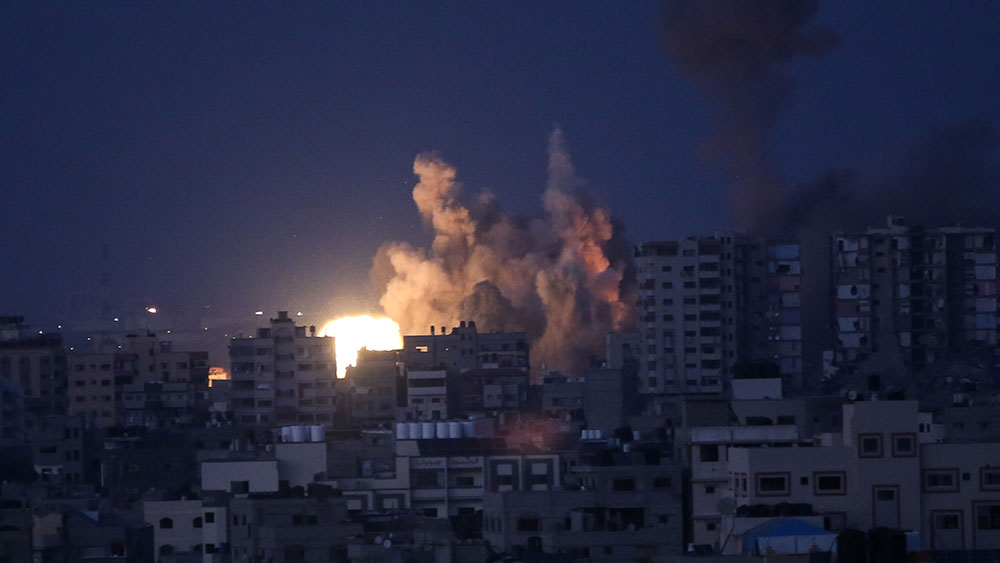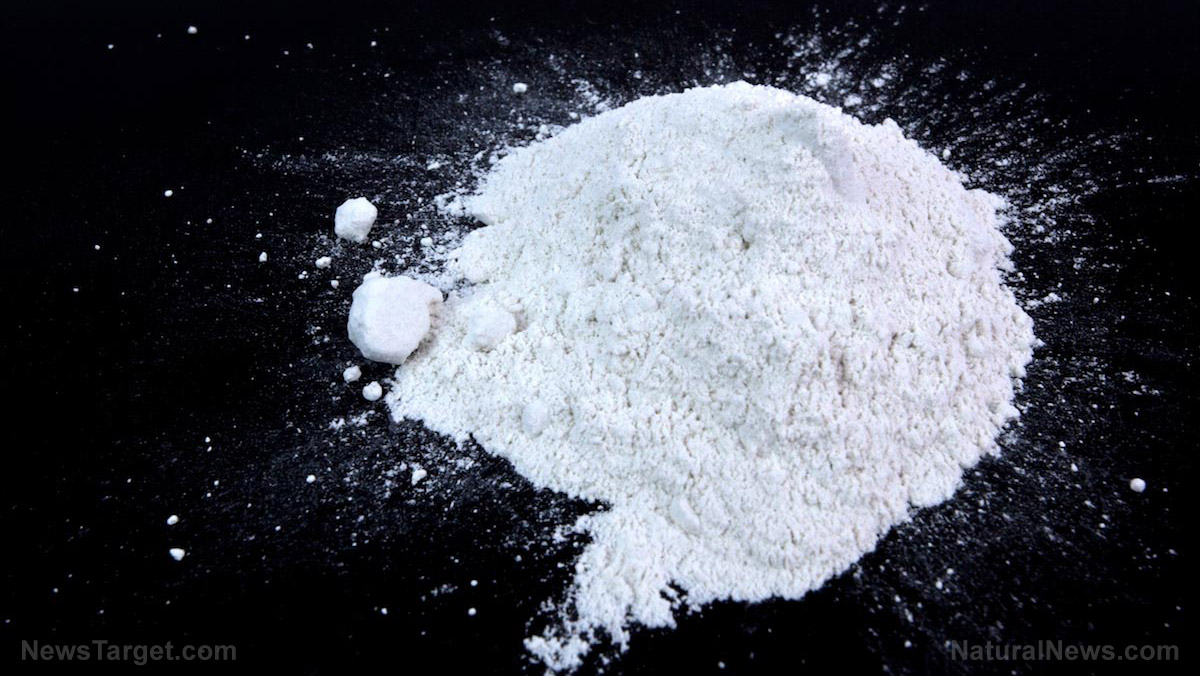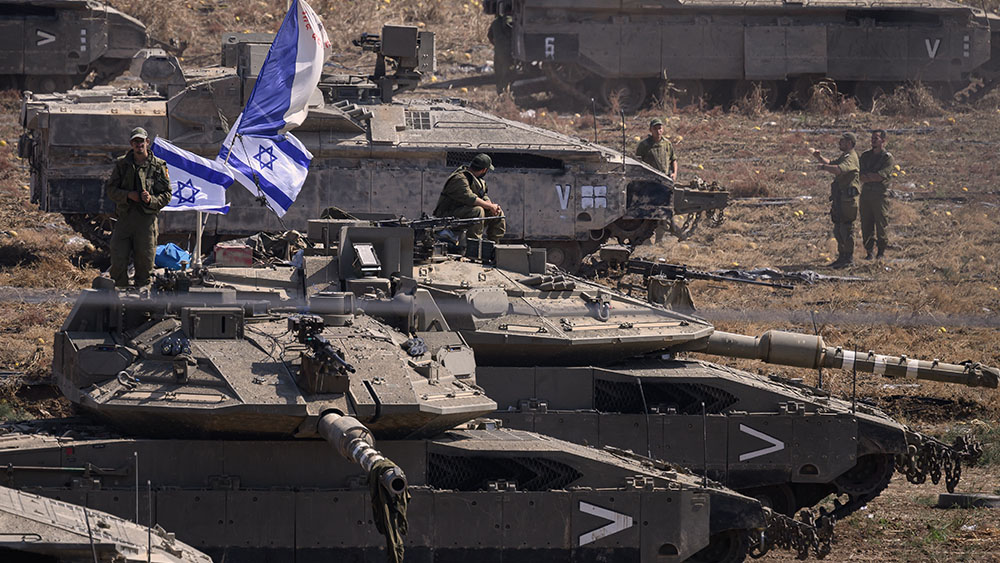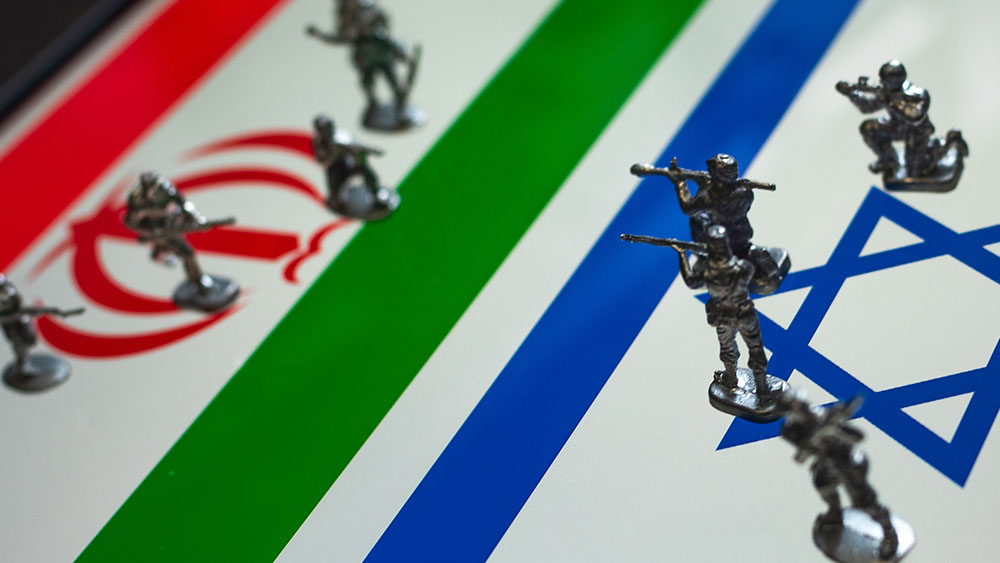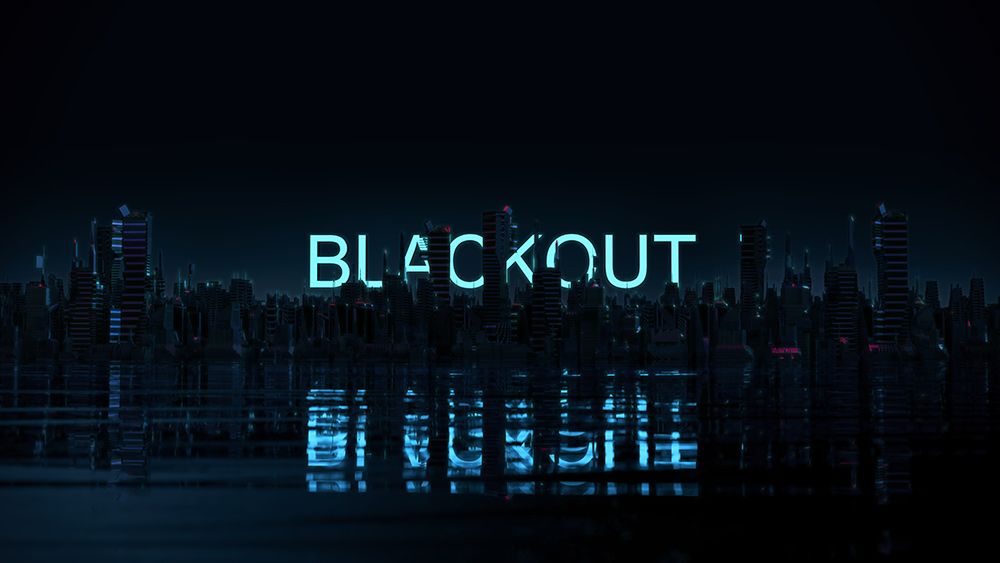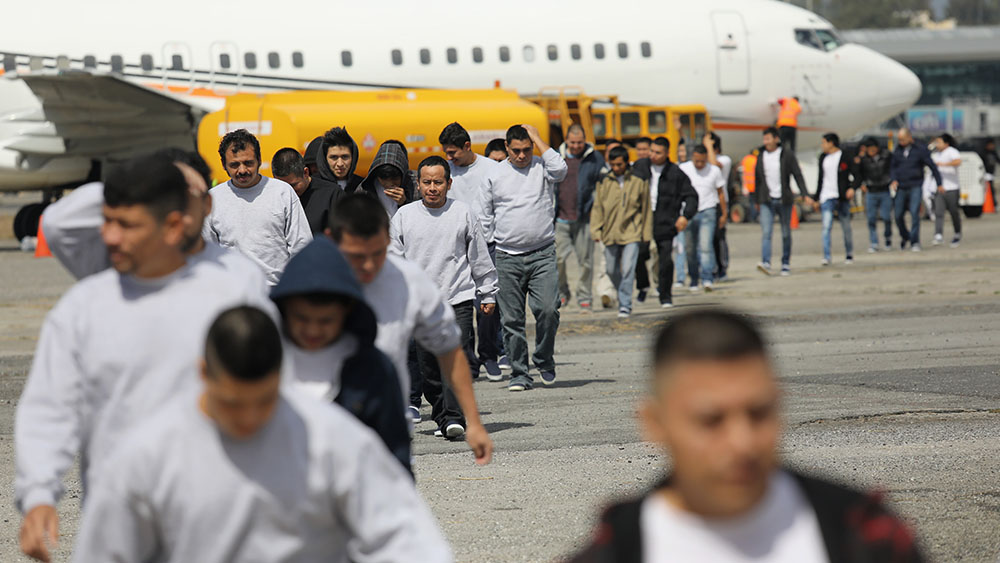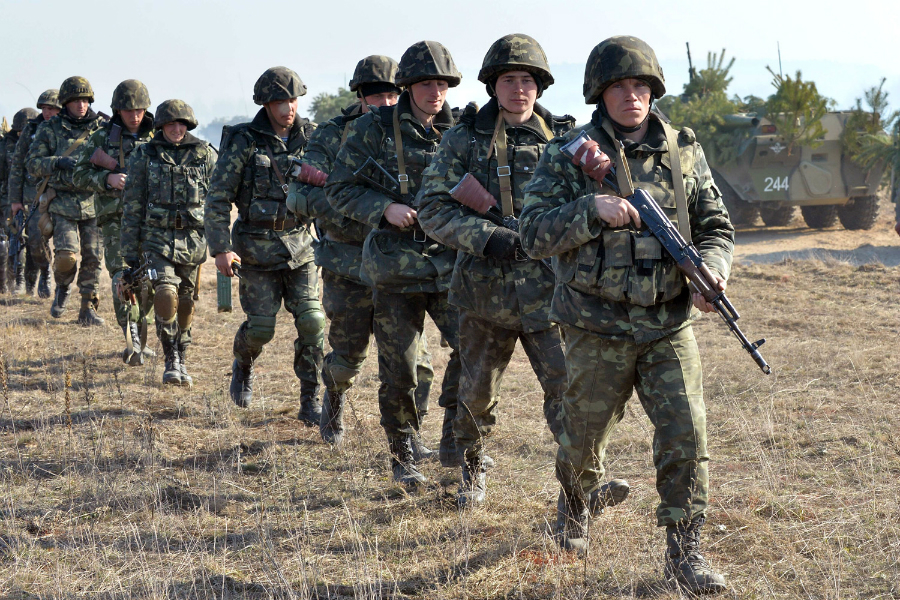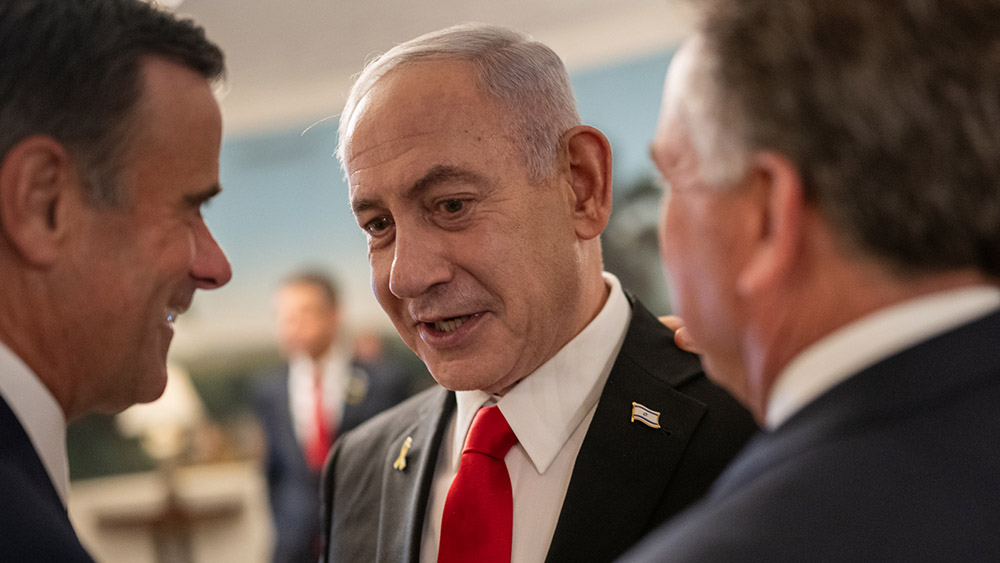Israel targets Hezbollah chief of staff in Beirut strike, raising fears of escalation
11/24/2025 / By Belle Carter
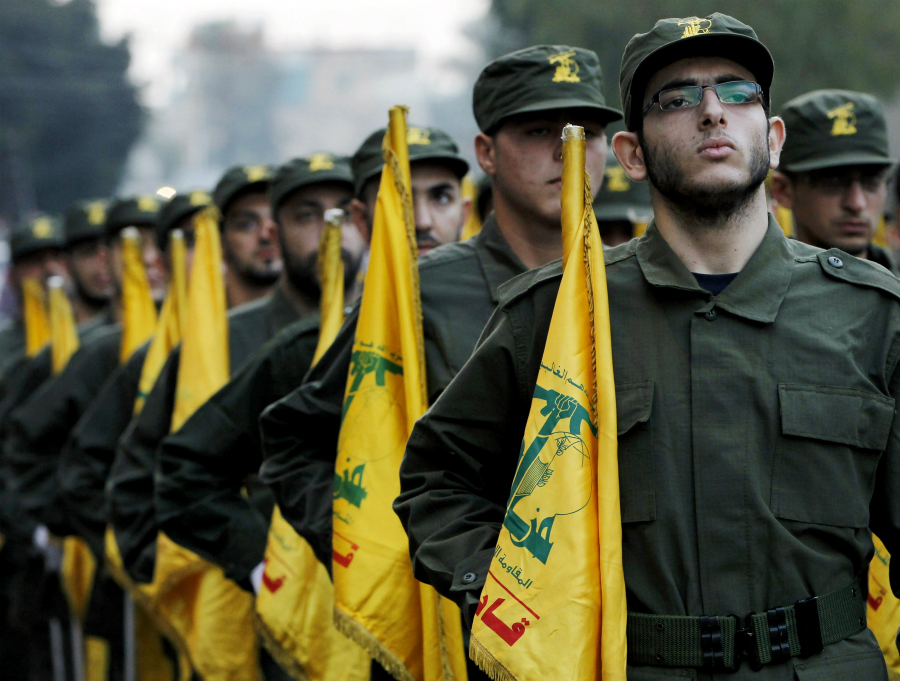
- Israel conducted a precision strike on Nov. 23, killing Hezbollah’s Chief of General Staff Haytham Ali Tabatabai, marking its first attack in Beirut since June. The IDF justified the operation, accusing Tabatabai of rebuilding Hezbollah’s military capabilities and orchestrating attacks against Israel.
- Tabatabai was a U.S.-designated terrorist since 2016, accused of directing attacks against Israel, overseeing Hezbollah’s Syrian expansion and leading the elite Radwan Force. The U.S. had previously offered a $5 million reward for information leading to his capture.
- The strike follows months of heightened hostilities since Hamas’ Oct. 7 attack, with Hezbollah launching rockets in solidarity with Gaza. Israel framed the operation as necessary to prevent Hezbollah from regrouping, citing violations of UN Resolution 1701.
- Hezbollah has not yet announced retaliatory measures, but analysts warn the group—armed with an estimated 150,000 rockets—could escalate attacks on northern Israel, including Tel Aviv. Reports suggest Israel’s cabinet has authorized further military operations, raising fears of a full-scale invasion.
- The assassination signals a dangerous escalation, with both sides preparing for confrontation. Diplomatic efforts to de-escalate face major hurdles and the strike risks destabilizing Lebanon and dragging in regional actors, potentially sparking another devastating war.
Israel carried out a targeted strike in Beirut on Nov. 23, killing Hezbollah’s Chief of General Staff Haytham Ali Tabatabai—a move that risks escalating tensions along the Israel-Lebanon border.
The attack, Israel’s first in Beirut since June, comes nearly a year after a fragile ceasefire ended hostilities between Israel and the Iran-backed militant group. Israeli officials justified the operation, claiming Tabatabai was responsible for rebuilding Hezbollah’s military capabilities and orchestrating attacks against Israel.
The strike killed at least five people and wounded 25 others, according to Lebanon’s Ministry of Health. With Hezbollah vowing retaliation and Israel signaling readiness for further action, fears of a broader conflict loom.
Who was Haytham Ali Tabatabai?
Tabatabai, designated a Specially Designated Global Terrorist by the U.S. Department of State since 2016, was a veteran Hezbollah operative with deep ties to the group’s military operations. Israel’s Ministry of Foreign Affairs accused him of directing terrorist attacks against Israel, overseeing Hezbollah’s expansion in Syria and leading the elite “Radwan Force”—a unit suspected of cross-border operations.
“Tabatabai is a mass murderer,” Israeli Prime Minister Benjamin Netanyahu declared in a statement. “His hands are stained with the blood of many Israelis and Americans.”
The U.S. had previously offered a $5 million reward for information leading to his capture.
Escalating tensions since Oct. 7
The strike follows months of heightened hostilities between Israel and Hezbollah, which have exchanged near-daily rocket fire since Hamas’ Oct. 7, 2023 attack on Israel. BrightU.AI‘s Enoch notes that Hezbollah, a longtime Hamas ally, has launched attacks in solidarity with Gaza, while Israel has conducted preemptive strikes against Hezbollah positions in southern Lebanon.
Netanyahu framed the Beirut operation as necessary to prevent Hezbollah from regrouping.
“Under my leadership, the State of Israel will not allow Hezbollah to rebuild its strength,” he said.
The Israeli Foreign Ministry cited repeated violations of UN Security Council Resolution 1701—which bars Hezbollah from militarizing southern Lebanon—as justification. The strike coincided with a major shakeup in Israel’s military leadership. Lt. Gen. Eyal Zamir dismissed 13 senior commanders who oversaw Israel’s defenses on Oct. 7, citing a “severe, resounding and systemic failure” to protect civilians.
Hezbollah’s response and the risk of wider war
Hezbollah confirmed Tabatabai’s death but has yet to announce retaliatory measures. Analysts warn that the group, which possesses an estimated 150,000 rockets, could escalate strikes against northern Israel—including targeting Tel Aviv.
Southern Lebanon remains a flashpoint, with Hezbollah entrenched near the border. Reports suggest Israel’s cabinet has authorized Netanyahu and Defense Minister Yoav Gallant to expand military operations, raising concerns of a full-scale invasion. Meanwhile, Hamas leader Abu Amir was reportedly among those killed in the Beirut strike, further complicating the regional landscape.
The assassination of Tabatabai marks a dangerous new phase in the Israel-Hezbollah conflict. With both sides signaling readiness for confrontation, diplomatic efforts to de-escalate tensions face mounting challenges. The strike underscores Israel’s determination to neutralize perceived threats preemptively—but at the risk of provoking a broader war that could destabilize Lebanon and draw in regional actors. As the situation unfolds, the international community watches closely, wary of another devastating conflict in a region already reeling from crisis.
Watch the video below that shows Israel’s massive airstrikes on the Hezbollah group’s infrastructure earlier in November.
This video is from Cynthia’s Pursuit of Truth channel on Brighteon.com.
Sources include:
Submit a correction >>
Tagged Under:
chaos, Gaza, Hamas, Hezbollah, Iran, Israel, Israel-Hezbollah conflict, Lebanon, military operations, Netanyahu, Radwan Force, Tabatabai, terrorism, violence, WWIII
This article may contain statements that reflect the opinion of the author
RECENT NEWS & ARTICLES
COPYRIGHT © 2017 VIOLENCE NEWS


